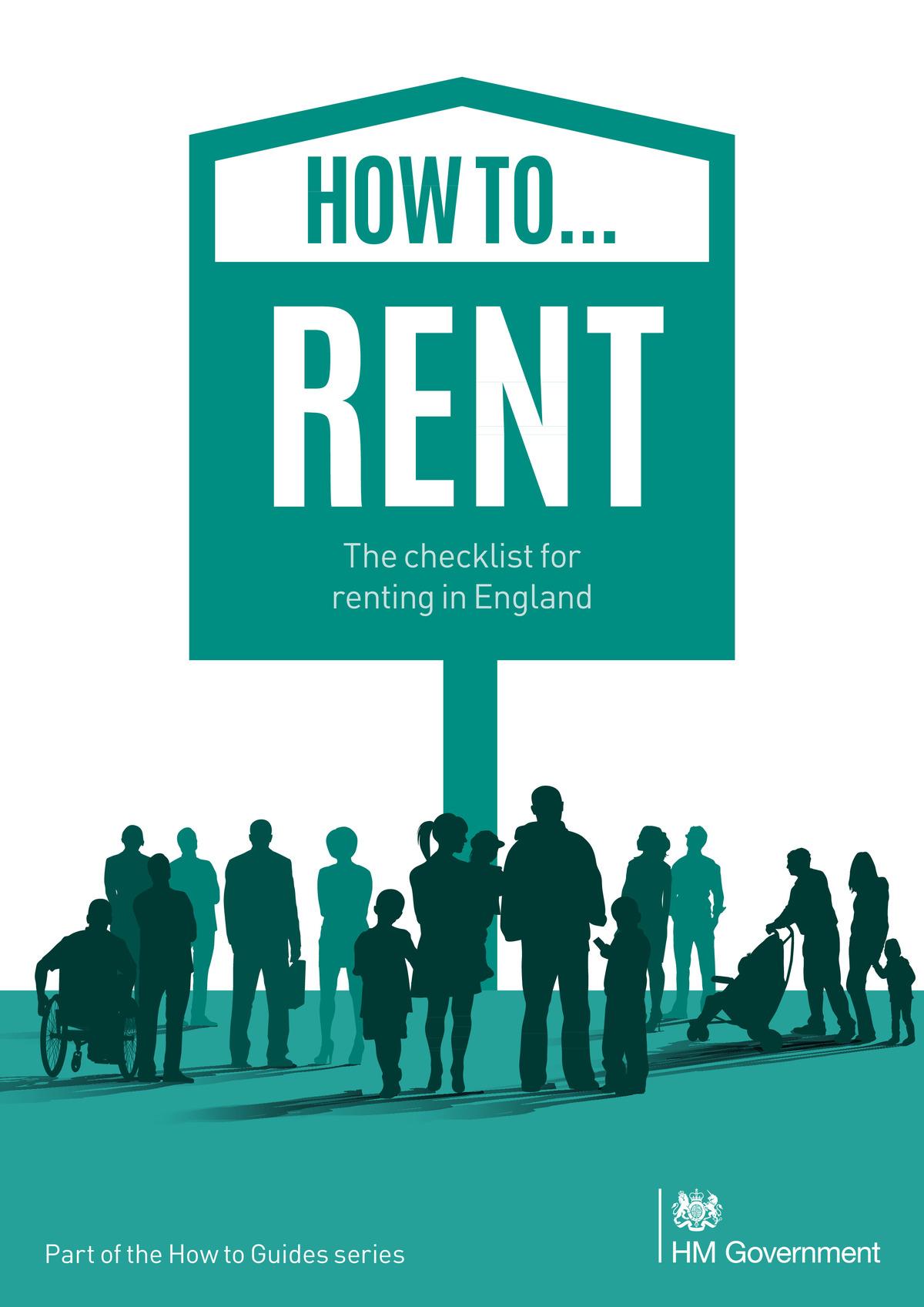Compliance is an issue that all landlords need to take seriously. Landlords today have many different legal responsibilities they need to comply with.
It’s important to know that not complying with these legal responsibilities can make landlords liable to penalties, fines, not being able to evict a tenant or recover their rent, and even imprisonment in some cases.
Here we’ll look at some of a landlord’s legal responsibilities. And at how great property management software can help you comply with them, avoid the risks of not complying and make the whole process quicker, simpler and easier too.
1. Great property management software helps you comply with tenancy law.
Setting up a new tenancy involves a number of legal responsibilities: You will need to make Right to Rent checks, issue your tenant with a How to Rent guide and a tenancy agreement or contract. During the tenancy you may need to serve your tenant with legal notices. For example, if you want to increase the rent or give them notice.
Great property management software can streamline the whole process of creating and managing tenancies. You can use it to create template documents, build new contracts from them automatically, issue tenancy documents to tenants and store everything safely and securely all in one place.

2. It helps you comply with tenancy deposit regulations.
As a landlord, you’ll need to protect your tenant’s deposit in a tenancy deposit protection or TDP scheme. Not only that, you’ll need to provide your tenant with legally prescribed information about the TDP scheme.
Great property management software will help by storing all your tenancy deposit protection information safely and securely alongside the tenancy.
3. It helps you comply with your other statutory responsibilities.
As a landlord your other statutory responsibilities include arranging an annual gas safety check under the Gas Safety Regulations 1998 and ensuring that a certificate is provided to the tenant. Starting this year you may also need to provide electrical safety and PAT testing certificates. You need to provide your tenant with an EPC or Energy Performance Certificate. You also need to provide working smoke and CO² alarms.
Great property management software can be used to store and issue these important certificates showing that all these requirements have been complied with. It can even remind you by email or text when these important checks need to be carried out if you want it to.

4. It helps you comply with health and safety regulations.
Under the Housing Act, the Landlord & Tenant Act and other relevant laws landlords have a responsibility to provide their tenants with a property that is fit for human habitation. Your property needs to be safe, free from hazards and in a good state of repair.
Great property management software will help with this by streamlining the process of handling maintenance requests, instructing suppliers to carry out maintenance and tracking progress of repairs. It can also help you prove that you take your health and safety responsibilities seriously by providing a paper trail of maintenance work that has been done.
5. It helps you comply with data protection laws.
As a landlord, you will be holding sensitive personal data relating to tenants and their families, those who apply for tenancies, plus suppliers and other business contacts.
The GDPR and Data Protection Acts stipulate how you must collect, process, use and store this personal data. Here’s more information explaining What Are A Landlord’s Data Protection Responsibilities
Great property management software can help towards meeting these data protection responsibilities.

6. It helps you comply with your responsibility to keep accurate financial records.
Just like all businesses, landlords have a legal responsibility to keep accurate financial records – as well as the documents to support them. This includes all income received such as rent and service charges, and all payments made such as mortgage repayments, mortgage interest, capital expenditure and allowable expenses. These financial records are needed to prepare your accounts, work out your tax liability and support your claim to any tax allowances you are entitled to.
Great property management software can prove invaluable here. It allows you to record all your income and outgoings quickly and easily and produce all the financial information you need at the click of a button. It also allows you to file, save and if necessary retrieve your invoices, bills, statements, receipts and other supporting documents securely online.
7. It helps you comply with your responsibility to submit a landlord tax return.
As a landlord you are required to file a landlord tax return with HMRC on a regular basis.
Here’s more information on What is a Landlord Tax Return? and How To Complete Your Landlord Tax Return
Collecting and compiling all the financial information you need for a landlord tax return can be complicated and time consuming. But property management software simplifies and streamlines the process. You can record all the necessary information you need quickly and easily as you go. When it comes to submitting your return the information you need is produced automatically, so all you need to do is simply copy it over to your landlord tax return.
The many legal requirements landlords need to comply with today can be overwhelming but property management software can be a very effective solution to the problem. Much more than that though, great property management software allows you to save time, save effort, do more in less time and be a better, more successful landlord.
If you’re interested in finding out more about how great property management software can make your landlord life better then take a look at what PaTMa Property Management Software can do for you.. PaTMa Property Manager makes property management efficient and straightforward, whether you're a self managing landlord, letting agent or professional property manager.
